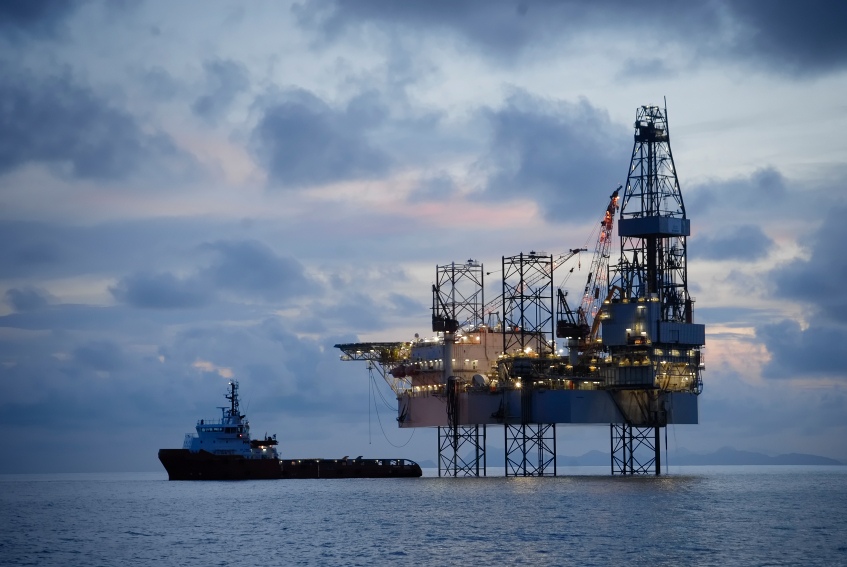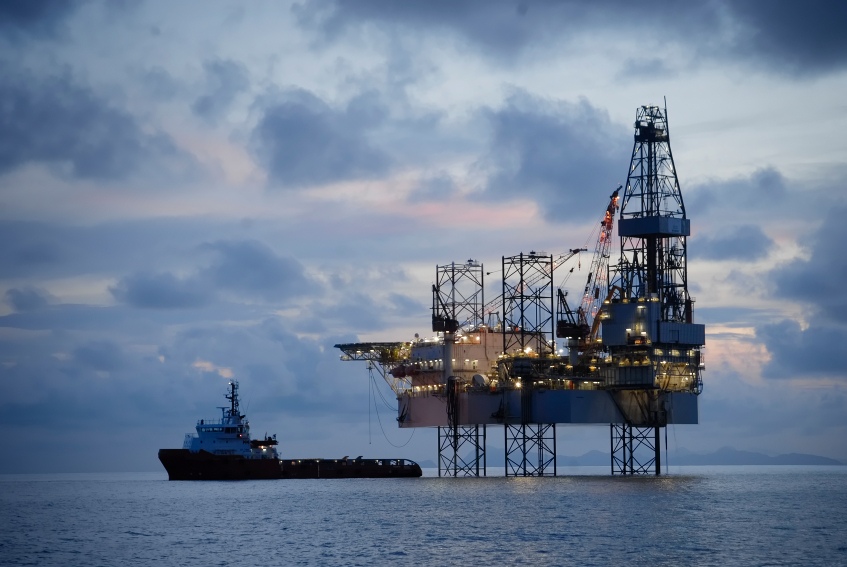 Next to agriculture, the industry most vulnerable to climate change is, arguably, the extraction of the very fossil fuels that are causing it, says Michael Cote at GOOD. And while this industry is spending millions to deny that climate change even exists and to block efforts to deal with it, it's also going to need to spend billions to cope with its effects.
Next to agriculture, the industry most vulnerable to climate change is, arguably, the extraction of the very fossil fuels that are causing it, says Michael Cote at GOOD. And while this industry is spending millions to deny that climate change even exists and to block efforts to deal with it, it's also going to need to spend billions to cope with its effects.
Sure, climate change sucks harder than a collapsed star, but at least it's leading to ironies so vast that only particles of sputtering dumbfoundedness can escape.
With climate change come the obvious gotchas: Not all drilling platforms were built with rising seas in mind, not to mention hypercanes, landicanes, and all the other types of neologistic extreme weather that come with a warming planet.
So the oil and gas industry hired climate experts to assess how prepared it was for global warming. Their conclusions: A) criminally underprepared and B) severe weather is only the tip of the rapidly melting iceberg. It turns out, for example, that the permafrost under the Alaska oil pipeline is rapidly thawing, leading to all kinds of enormously expensive structural damage and even a re-think of the design of its support structure in some regions.
Then there's water. Extracting fossil fuels requires enormous amounts of it, and on a warming planet, some areas are going to have less of it; others will have more, but more erratically.
Here's what the shareholders of ExxonMobil should all be asking CEO Rex Tillerson: How is Exxon preparing for climate change? Because if the answer is "we think it's hokum," he should be fired. Not for endangering humanity, but for the far more legally actionable sin of failing to prepare the world's largest industry for a hammer-blow by the world's largest liability.

 Next to agriculture, the industry most vulnerable to climate change is, arguably, the extraction of the very fossil fuels that are causing it, says
Next to agriculture, the industry most vulnerable to climate change is, arguably, the extraction of the very fossil fuels that are causing it, says 

